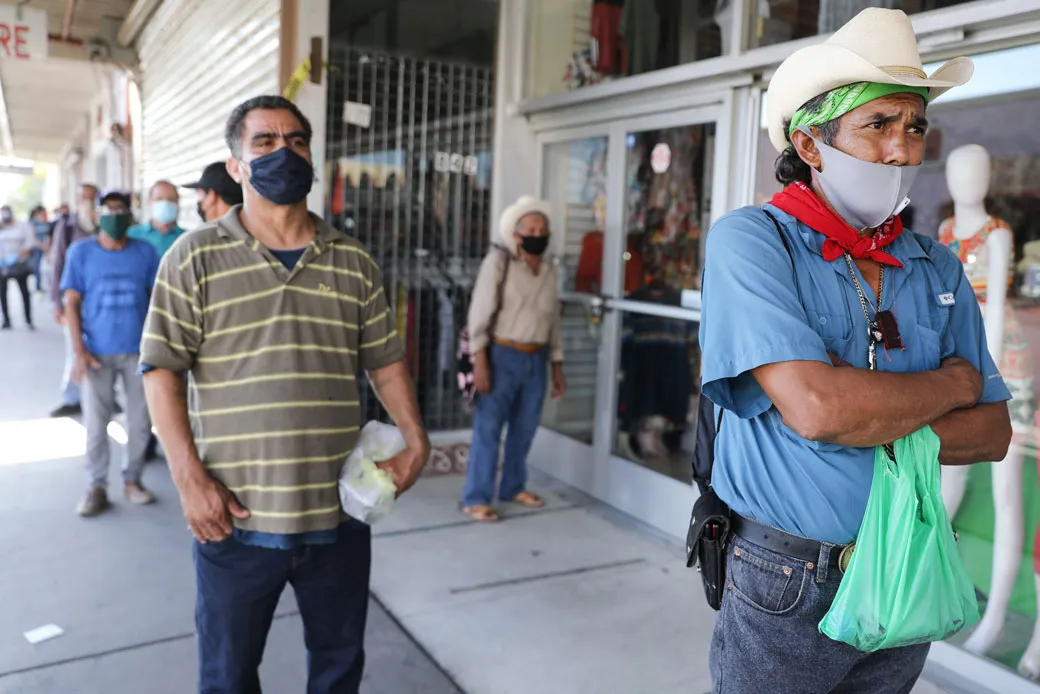- July 8, 2025
1% Remittance Tax Raises Concerns Among Immigrant Communities

Part of the “big beautiful bill” has sparked nationwide discussion after unveiling a provision that would introduce a 1% tax on international cash transfers, commonly known as remittances. This measure is intended to target noncitizens, and is poised to significantly affect millions of immigrant workers in the United States who send financial support to their families abroad.
Supporters of the bill tout the remittance tax as a revenue-generating tool aimed at funding domestic infrastructure and border security initiatives. However, immigrant advocacy organizations, economists, and international development agencies are raising concerns over its disproportionate impact on working-class immigrants, who rely heavily on remittances to support loved ones in countries such as Mexico, Guatemala, El Salvador, the Philippines, India, and Nigeria.
“This tax targets the very people who contribute billions to the U.S. economy through hard work, while also sustaining entire communities back home,” said Maria Sanchez, Director of the Immigrant Rights Network. “A 1% tax may seem minor, but for someone sending $400 a month, that’s a real burden — especially when every dollar counts.”
In 2024 alone, remittances from the U.S. to foreign countries exceeded $74 billion, according to World Bank data. A 1% tax could generate hundreds of millions annually — but critics argue it acts as a financial penalty on immigrants supporting transnational families.
The remittance tax provision is part of a broader package aimed at reshaping immigration and financial systems. The bill is expected to face intense scrutiny as it moves through Congress, with immigration groups, civil liberties organizations, and international stakeholders calling for amendments or removal of the remittance clause.
“It’s important to understand who bears the cost here,” said Dr. Leila Okafor, a global economist. “This isn’t just a domestic tax issue — this affects household economies in dozens of countries, some of which are already struggling with poverty and instability.”
Public hearings and committee reviews are scheduled for later this month.

